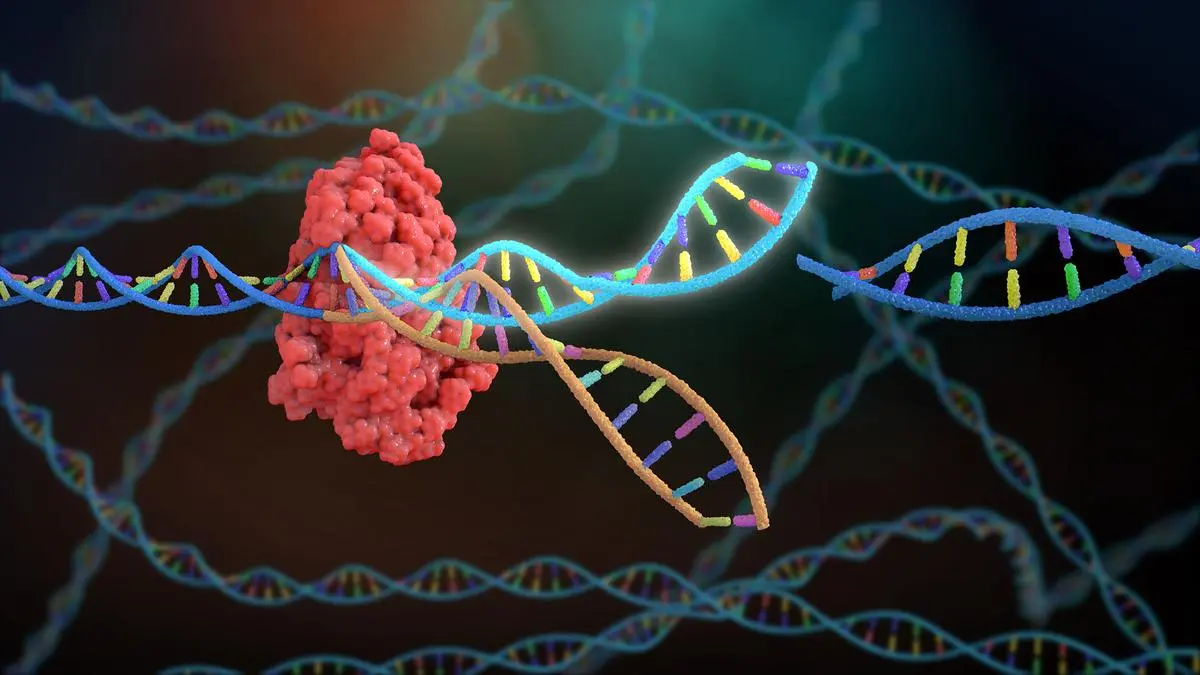HinduBusinessLine
18h
313

Image Credit: HinduBusinessLine
CRISPR: Bespoke healthcare
- Doctors corrected a specific genetic sequence in a patient's genome using CRISPR, making history.
- The drug developed for the patient is specific to his genetic sequence and is unlikely to be used for another person.
- Experts view the approach to help the patient as the future of gene and cell therapies, although it is still in early stages.
- Unlike traditional methods, the treatment directly edited the patient's liver cells in vivo using lipid nanoparticles to deliver the CRISPR components.
Read Full Article
18 Likes
For uninterrupted reading, download the app